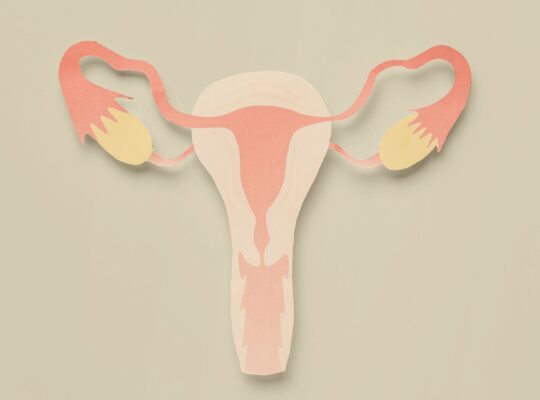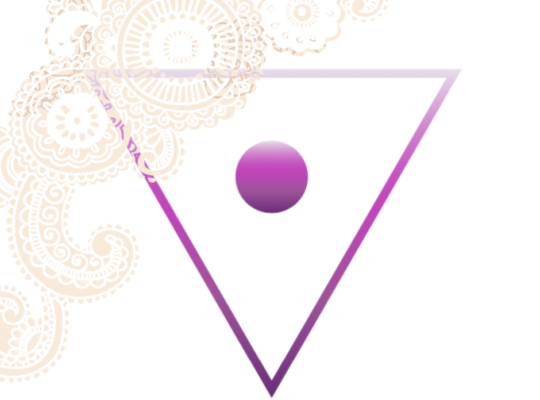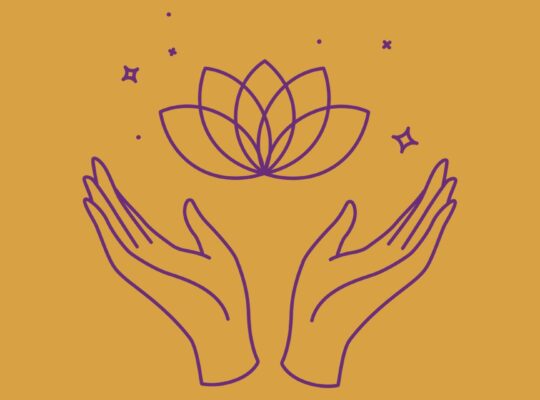
The Sister Science of Yoga
AYURVEDA 101: ANCIENT HEALING FOR MODERN LIVING
by Maria E Garre
Ayurveda is a Sanskrit word that brings together two root words to form one: Ayur meaning life and Veda meaning supreme knowledge or wisdom. Thus, Ayurveda is known as the science or wisdom of life.
Written evidence dates Ayurveda to 3000 BC making it over five thousand years old; and hence the oldest, uninterrupted system of medicine to be practiced in the world. Rooted in Vedic culture, with references to Ayurvedic practices in the Vedas (specifically the Rig Veda and Atharva Veda), Ayurveda has been healing mankind for thousands of years, yet modern culture is just now waking up to its benefits.

Ayurveda’s foundational concepts are based upon the Tri-Doshic theory of Vata, Pitta, and Kapha (the three Doshas) as well as Prakriti and Vikruti. Every person is a unique amalgamation of the five physical elements (space, air, fire, water, and earth). Through the law of cause and effect, each element exerts its influence upon our body and mind through its respective properties, the gunas. Very simply stated, the elements are present in everyone and everything; however they come together to create three bodily doshas. Vata is primarily composed of space and air; bringing dry, light, mobile, and clear qualities. Pitta is mostly fire and water; creating hot, sharp, oily, and spreading effects. Kapha contains mostly water and earth; offering heavy, stable, smooth, and static qualities to the individual. The three doshas form the premise of Prakriti, your unique, innate essential constitution, which is determined at conception. This determines who we are and also defines the natural expression of balance, health, and happiness for complete well-being.
However, this balanced state can be disturbed and create an imbalanced state, Vikruti. If we remain in a state of imbalance for too long then it can lead to health problems, disease, and/or mental unrest. Many factors influence our daily lives to create imbalance, such as lifestyle and dietary choices, seasonal influences, and emotions. Prolonged and unmanaged situations, which stress the body or mind, will eventually jeopardize our natural, healthy, and balanced state (Prakriti) which then leads to Vikruti. For example, if in the middle of Winter, we are traveling a lot, eating salads, and not sleeping well then according to Ayurveda, Vata dosha will be aggravated due to the principle of “like increases like”. This means that we are increasing qualities within the body that will disturb our natural state and thus eventually lead to a disease condition. In this example, the person could be plagued with health problems ranging from poor circulation, cracking and popping joints to anxiety or constipation depending upon the individual.
How do we solve the problems created by imbalanced states?
Here is some good news! Ayurveda offers us various lifestyle, seasonal, and dietary practices that can help guide not just our day-to-day living but also guide the way we exercise or practice Yoga. Returning back to the Winter/Vata Dosha example and Ayurveda’s primary axiom of like increases like and opposite heals, an Ayurvedic Practitioner can quickly ascertain that the qualities of space and air, akin to Vata dosha, are creating an imbalance within the person’s main constitution of Vata. To alleviate any of the above symptoms, we would encourage the individual to adopt opposite dietary and lifestyle choices like eating warm cooked foods that are moist and oily; covering the head, back of the neck, and lower back to protect from cold air; and keeping to a consistent sleeping routine, for example. According to Ayurveda, all of these measures would minimize the condition at hand that is creating discomfort or illness. In addition to lifestyle practices, Ayurvedic practices also include an arsenal of body therapies and herbal protocols to bring health when there is a disease.
Ayurveda not only offers a way to heal naturally through lifestyle and dietary choices but also has potent medicines and herbs that heal the body without the adverse effects of most allopathic medicines. But the most revolutionary thought process in Ayurveda is centered upon the premise that there is a root cause for all diseases and most of the time the root cause revolves around our lifestyle and dietary choices.






